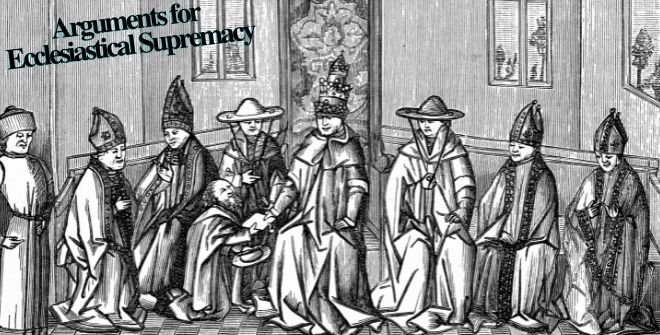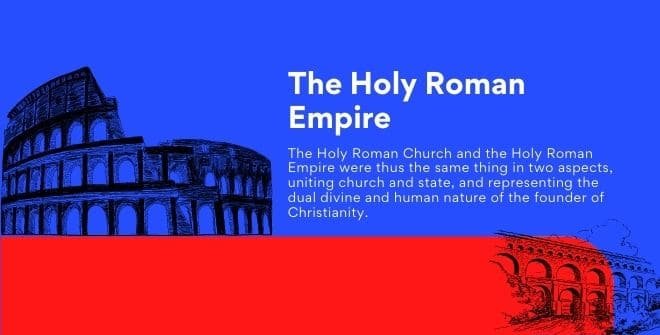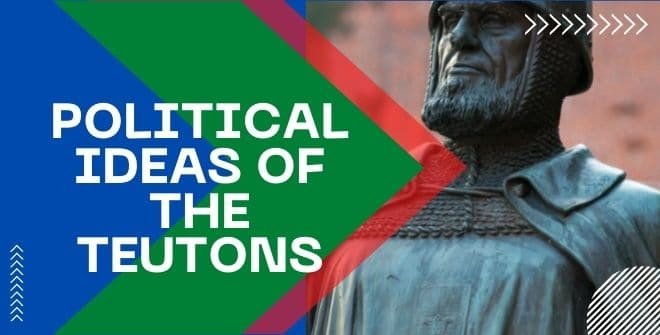St. Bernard and John of Salisbury
St. Bernard and John of Salisbury. Two of the leading writers of the twelfth century who dealt with the relations of church and state were St. Bernard of Clairvaux (1091-1153) 32 and John of Salisbury (1115-1180). St. Bernard was the most influential churchman of the period, although he declined all ecclesiastical honors and never became … Read more










